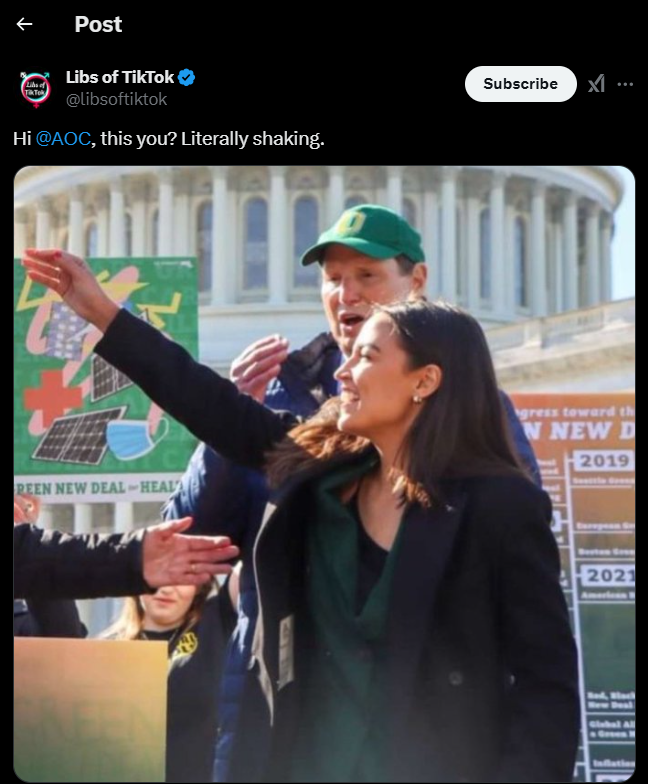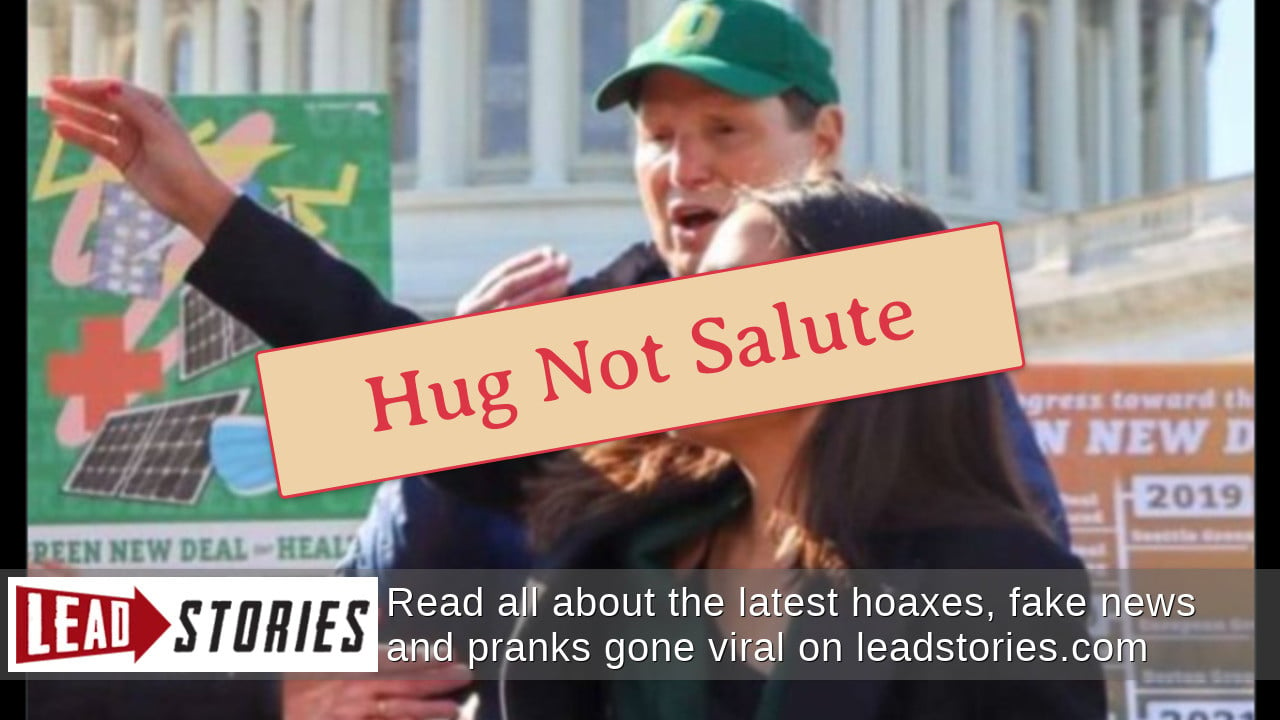Elon Musk's Nazi Salute Controversy: What Happened?
Is a simple gesture, a fleeting moment of enthusiasm, enough to define a person? The recent controversy surrounding Elon Musk and the interpretation of a gesture during a speech at Capitol One Arena underscores the power of perception and the complexities of public scrutiny in the digital age.
The billionaire entrepreneur, known for his ambitious ventures and often-provocative public persona, found himself at the center of a swirling debate after the event. A seemingly innocuous hand movement was quickly seized upon and, amplified by social media, morphed into something far more significant: a potential Nazi salute. This sparked a firestorm of reactions, ranging from condemnation to defense, highlighting the sensitivity surrounding symbols of hate and the ever-present challenge of interpreting intent in the absence of definitive context.
The Anti-Defamation League (ADL), a prominent organization dedicated to combating antisemitism and all forms of hate, weighed in, offering a nuanced perspective. Initially, the ADL suggested that the gesture was likely an awkward gesture in a moment of enthusiasm, not a Nazi salute. This stance, however, did not quell the controversy. It did, though, bring to the forefront the crucial task of balancing the need to be sensitive to historical atrocities with the need to avoid hasty judgments based on limited information.
The incident is a case study in how quickly narratives can be formed and disseminated in today's media landscape. An image, a fleeting video clip, or even a rumor can quickly take on a life of its own, influencing public opinion and potentially damaging reputations. In this context, it's critical to consider the origins of such claims, the intent behind them, and the broader political context in which they arise. The accusations against Musk, for example, were amplified within a highly polarized political environment, where such allegations can be readily exploited for partisan gain.
AOC, Representative Alexandria Ocasio-Cortez, entered the fray, injecting a note of sharp criticism. Her response to the ADL, which had taken a moderate stance on the gesture, served as a pointed reminder of the gravity of the symbols at play. She did not shy away from directly challenging the interpretation offered by the organization, indicating that a gesture, regardless of intent, might have been a "heil hitler salute."
In contrast to such condemnation, supporters of Musk were quick to dismiss the comparisons to Nazism, framing the criticism as an orchestrated attack against the tech mogul. Musk himself, in his characteristic blunt manner, dismissed attempts to draw such parallels, characterising them as sooo tired. This dynamic reflects the intensely polarized nature of current debates, where interpretations of events are often dictated by prior political affiliations and allegiances.
The controversy also highlighted the historical baggage surrounding certain gestures. The Nazi salute, for example, is a symbol of hate and oppression, instantly recognizable as a symbol of the atrocities committed by the Nazi regime during World War II. To be associated with such a symbol, regardless of the intent, carries immense weight, causing genuine offense and pain to those who were directly impacted by the Holocaust. The controversy, as a result, is not merely a matter of interpreting body language. It is about grappling with a painful history and the legacy of hatred that continues to resonate today.
Adding another layer of complexity to the incident was the potential for manipulation. As is frequently the case in the age of social media, the situation was ripe for disinformation campaigns. Edited videos, fabricated images, and deliberately misleading claims could have been used to further fuel the controversy and manipulate public perceptions. This further emphasizes the responsibility of media consumers to critically assess the information they encounter and to verify the accuracy of the sources from which they receive it.
Further complicating the situation, online users spread video clips promoting a rumor that tech entrepreneur elon musk gave a nazi salute during President Donald Trump's second inauguration ceremony on Jan. 20, 2025. It is important to note that these claims must be viewed with extreme caution. Historical accuracy must be adhered to, especially as the events played out. Such circumstances make it crucial to distinguish between authentic documentation and deliberately fabricated propaganda.
The incident involving Musk can also be seen as part of a larger trend. Politicians and public figures are increasingly under the microscope, and every action is subject to scrutiny. This has ramifications for both public figures and the broader society. On the one hand, it can promote greater accountability and caution. On the other, it can lead to a chilling effect, where public figures become hesitant to express themselves for fear of misinterpretation.
Furthermore, this incident raises questions about the role of social media platforms in shaping public discourse. These platforms have become potent tools for disseminating information, but they are also spaces where misinformation and inflammatory content can flourish. This raises significant challenges for content moderation, particularly when it comes to identifying and addressing hateful speech.
As of January 22, 2025, the controversy continued to simmer, with news outlets, social media users, and political commentators offering their opinions. The incident has already triggered a necessary conversation about the importance of intent versus interpretation, historical symbols, and the dangers of hasty judgment in the digital age. The case serves as a reminder of how important it is to understand how these various influences can reshape perceptions, how fast they can be disseminated, and how seriously they can impact a persons reputation and standing.
The core issue involves the interpretation of a gesture, and whether that gesture warrants an association with Nazi ideology, or if it was simply an awkward gesture. The impact, however, is irrefutable: the incident sparked extensive discourse, with the event unfolding and evolving in real time, where the focus was not only on the hand gesture itself, but also on the intent behind it, and the implications of it.
The reaction to the controversy was further intensified by the history of the subject. This is a history which includes a pattern of questionable behaviors and comments by the tech entrepreneur, which has made him a frequent target of criticism from a range of sources.
The controversy over Elon Musk's gesture is a window into the complex forces at play in modern public discourse: political polarization, the power of social media, and the challenge of interpreting intention in the face of potentially loaded symbols.
The event involved the Tesla CEO, who has close ties to Donald Trump.
| Elon Musk - Bio Data |
|---|
Full Name: Elon Reeve Musk Date of Birth: June 28, 1971 Place of Birth: Pretoria, South Africa Nationality: South African, Canadian, American Education: University of Pennsylvania (B.A. in Economics and B.A. in Physics) Known For: CEO of Tesla, SpaceX, X Corp. (formerly Twitter), Neuralink, The Boring Company Net Worth (approx.): ~$200 Billion (as of 2024, figures change frequently) Political Affiliation: Has expressed views across the political spectrum, but often leans towards libertarian and independent positions. Notable Achievements:
Controversies:
Marital Status: Divorced several times; has children. Website (Official): Tesla |
The use of the term "Nazi salute" in this context is particularly charged. The Nazi salute, with its raised right arm, is a powerful symbol of the Nazi regime, a regime responsible for the systematic persecution and murder of millions of people during World War II. To evoke this symbol, whether intentionally or not, is to tap into a reservoir of historical trauma and to risk causing deep offense and hurt, especially to those who were directly or indirectly affected by the Holocaust and the Second World War.
The controversy over Musk's gesture also reflects a wider debate about the ways in which social media platforms are used to disseminate information, and to frame public narratives. These platforms have become powerful tools for shaping public opinion, but they also create opportunities for misinformation, for deliberate attempts to mislead or to manipulate public perceptions. This has the ability to damage reputation and influence political discourse and has implications for political elections and social and cultural issues.
There are additional reports which outline that a series of photographs show politicians like Hillary Clinton, Kamala Harris, Barack Obama, and Elizabeth Warren performing a nazi salute. If these claims are authentic, they will require serious scrutiny. This underscores the significance of context and interpretation, along with the potential misuse of visual imagery in an ever-evolving social and political environment.
It has been noted that Elon Musk was at the center of the controversy after a speech at Capitol One Arena, where a simple gesture was misinterpreted by some as a nazi salute.
The events that occurred in the Capitol One Arena were not isolated. Many more instances of similar gestures were observed during president donald trumps second inauguration ceremony on jan. 20, 2025.
On January 22, 2025, the incident continued to dominate online discourse. The fact that the controversy had persisted for a period of time indicates the complicated nature of the events. This further serves to show the importance of understanding symbols, interpreting behaviors, and the role of social media in todays society.
The reactions to these events were diverse. Public figures, as well as ordinary citizens, expressed views on a range of platforms. Some defended Musk, attributing the gesture to a misunderstanding. Other figures, like AOC, criticized the gesture. This divergence highlights the division in perspectives, showing that interpretations of events are often influenced by pre-existing beliefs, political alliances, and personal experiences.


